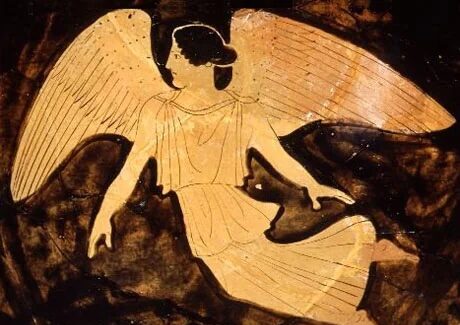4 October 2025
One of my oldest and closest new-music buddies is Juliet Fraser, soprano extraordinaire. We set out on this path more-or-less together, co-founding EXAUDI in 2002 when barely out of University, and collaborating on plenty of other things over the years as well. I wrote regularly for her as a soloist: Amor de lonh in 2002, Come Away in 2008, Nakedness in 2012. She’s nowadays in high demand and it’s been a while since we worked together outside EXAUDI, so I was very happy to be asked to make a contribution to a special new project, Lament: A ritual of letting go, which she’s co-devised with her her friends and colleagues Christelle Monney (mezzo), Sarah Saviet (violin), Eliza McCarthy (keyboards) and Soosan Lolavar (composer and santoor).
Here’s Juliet’s page on the project, with links to her Substack essays. As she describes it, Lament is
a sequence of music and movement that lasts an hour and is performed by five musicians: in terms of training, they are two singers, a violinist, a pianist and a composer who also plays the santoor, though everybody sings and everybody moves. Inspiration is drawn from circular rituals such as the canonical hours, antiphonal structures such as weaving songs, and the slow march of a funeral procession. Music from earlier times and other traditions…sit alongside a handful of commissions, the old and the new speaking to one another across history and geography.
Between workshops in March and the first performance at the Aldeburgh Festival on 21st June, this cauldron of influences coalesced into a wide-ranging yet remarkably coherent collection of pieces, from traditional musics of Scotland and Corsica to medieval monody, baroque duets and new works, including mine.
My piece, which closes the show, is called Bird-becoming. I took the text from the Anglo-Saxon poem The Seafarer, editing it to imply a transformation from human to bird. In the first two sections, the narrator is surrounded by the cries of various seabirds as she travels; in the third and fourth sections she appears to identify with these birds, as a ‘lone-flyer’, driven onwards across the sea by her ‘troubled thoughts’.
There are echoes of the archaic origins of the lament, particularly the female laments of Ancient Greece. However, Bird-becoming is more an attempt to capture a duality in the idea of lament-as-performance – that in crying out, we also renew, purge, and reaffirm our own aliveness and physicality. In this sense, I don’t see Bird-becoming as the usual, woeful kind of lament at all, but more as a quasi-therapeutic (re-)embodying of vocality and presence: the recitation guides the four performers through a transition into bird-sounds (calls and songs), leaving behind ‘human’ forms of music-making as the piece continues, towards a euphoric sense of freedom.
The singers select from nine different bird-calls: seabirds such as gulls, terns, gannets and cormorants, together with whooper swan, curlew and crow, and ending in Juliet’s unearthly embodiment of a white-tailed eagle.
Further performances are at Klangspuren, Austria (September 2025) and Maerzmusik, Berlin (March 2026).
